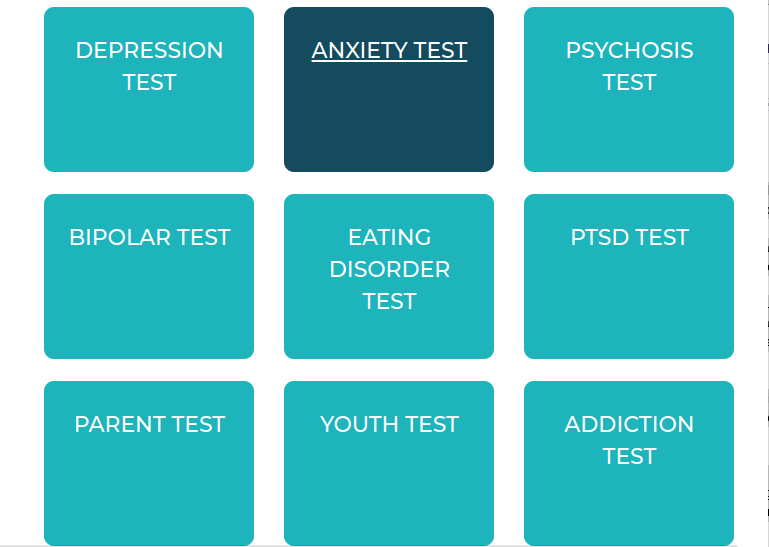
While people have been directed to stay at home and practice social distancing, mental health issues such as anxiety or depression can be exacerbated, experts say.
Veronique Black of the National Alliance on Mental Illness (NAMI) Memphis said this is a critical time for people with mental health diagnoses.
Black adds that even those who have not struggled with mental health issues in the past might start to see issues such as anxiety manifesting. For example, she said many people are starting to worry about their finances, as people are losing their jobs. This could lead to the onset of anxiety.
“I personally enjoy working from home, but it’s giving me too much time to think,” Black says. “And I think that’s going to be true for a lot of people. So regular everyday anxiety will become more prevalent.”
Tom Starling, president of Mental Health America of the Mid-South, a nonprofit that provides free resources, education, and screening related to mental health, said the organization has begun to see an uptick in the number of anxiety and trauma screenings.
“Many Tennesseans are questioning if they are worried or if they actually have clinical anxiety from COVID-19,” Starling said. “Mental health concerns will persist after COVID-19 is eradicated and after the physical crisis ends.”
Screenings for several different mental health conditions are available for free on MHA’s website. The organization is also working to compile a list of resources specific to mental health issues related to the pandemic.
[pullquote-1]
In 2018, 20 percent of adults in Tennessee had some sort of mental illness, based on numbers from the National Survey on Drug Use and Health. Of that number, 4.4 percent have a serious mental illness.
There are more than 200 classified forms of mental illness that range from mild to severe. The most common ones are depression, bipolar depression, anxiety disorder, and schizophrenia.
Black says many times mental illnesses, especially depression, are isolating by nature, and the current restrictions on social interactions can compound that loneliness. She says humans are “social animals,” who need physical interaction to stay healthy.
“Social interactions are important to us as human beings,” she says. “Maybe we don’t always want to be around people, but we definitely need that. Once you’re in a situation like this where that’s restricted, you start to realize that. Social media can only go so far. We are missing that physical interaction with people that helps us maintain good mental health.”
[pullquote-2]
However, Black says connecting through social media, video apps like Zoom, and other virtual platforms is “good to be able to fall back on.”
“Is it the same?” she asked. “No, but at least we do have that outlet to feel less alone. This would be much, much worse without those options. The downside to increased social media use is all of the negative news. So I’d avoid that if you can and don’t believe everything you see and hear.”
Black said it’s important for people to try to keep their daily routines — sleep, meal times, exercise habits — as normal as possible, although “it’s very much interrupted right now.”
“People have to try to stay focused on what’s in front of them moment by moment,” she said. “Redirecting the mind, refocusing on the positives, fall back on a higher power if you believe in that.”
Black encourages people to remember “You are not alone in this. We know that everybody is worried. I know that sounds strange, but just knowing you’re not the only one going through it can help broaden your thinking to a degree.”
Here are some other coping mechanisms Black suggests:
• Getting restorative sleep nightly
• Meditation and breathing exercises
• Giving yourself positive affirmation
• Interjecting comedy into the day; laughing often
• Engaging in hobbies, such as painting or other crafts
• Reading
• Listening to Music
• Staying connected with others as much as possible
If someone is experiencing a mental health crisis, Black advises they call the NAMI hotline at 1-800-950-6264 or the National Suicide Prevention Hotline at 1-800-273-8255. National Suicide Prevention Hotline counselors can also be reached by texting 741741.
“You don’t have to be suicidal to call these numbers,” Blacks says. “People are just there and available to talk through any issues you might be having.”
For more resources related to managing mental health during this time, visit the National Suicide Prevention Hotline’s page dedicated to emotional well-being and COVID-19.